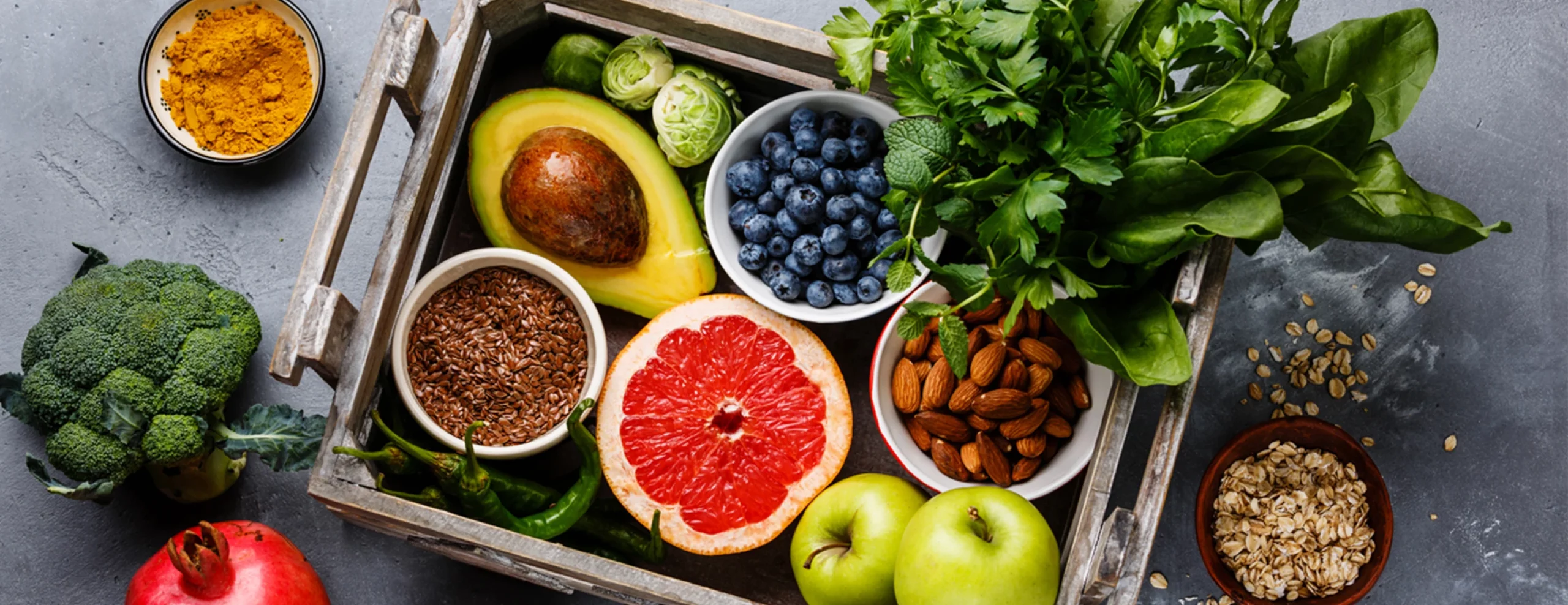-
Water
Drink 8 to 12 mugs of water daily.
-
Dark Eco-friendly Vegetables
Eat dark green vegetables at least three to 4 times a week. Excellent options consist of broccoli, peppers, Brussels sprouts, and leafy greens like kale and spinach.
-
Whole Grains
Eat whole grains rested at least two or 3 times daily. Search for entire wheat flour, rye, oatmeal, barley, amaranth, quinoa, or a multigrain. An excellent source of fiber is 3 to 4 grams of fiber per serving. A fantastic source has 5 or more grams of fiber per serving.
-
Beans and Lentils
Try to eat a bean-based dish at least once a week. Attempt to include beans, including beans and lentils, in soups, stews, covered dishes, salads, and dips, or eat them plain.
-
Fish
Attempt to eat two to three servings of fish a week. An offering contains 3 to 4 ounces of cooked fish. Good choices are salmon, trout, herring, bluefish, sardines, and tuna.
-
Berries
Consist of two to 4 servings of fruit in your diet plan daily. Try to eat berries such as raspberries, blueberries, blackberries, and strawberries.
-
Wintertime Squash
Consume butternut and acorn squash along with other highly pigmented dark orange and environment-friendly colored veggies like sweet potato, cantaloupe, and mango.
-
Soy
25 grams of soy protein a day is recommended as part of a low-fat diet regimen to help lower cholesterol degrees. Attempt tofu, soy milk, edamame soybeans, tempeh, and texturized vegetable healthy protein (TVP).
-
Flaxseed, Nuts and Seeds
Add 1 to 2 tablespoons of ground flaxseed or other seeds to food every day or consist of a moderate quantity of nuts– 1/4 cup– in your everyday diet.
-
Organic Yogurt
Men and women between 19 and 50 years old need 1000 milligrams of calcium a day and 1200 milligrams if 50 or older. Eat calcium-rich foods such as nonfat or low-fat milk items three to four times a day. Consist of natural selections.






wow amazing!!